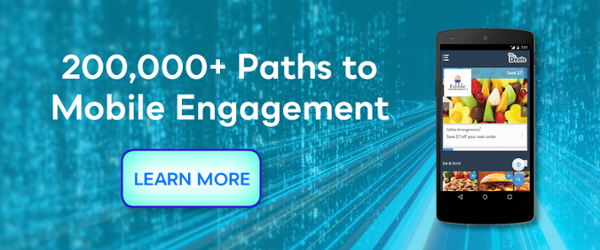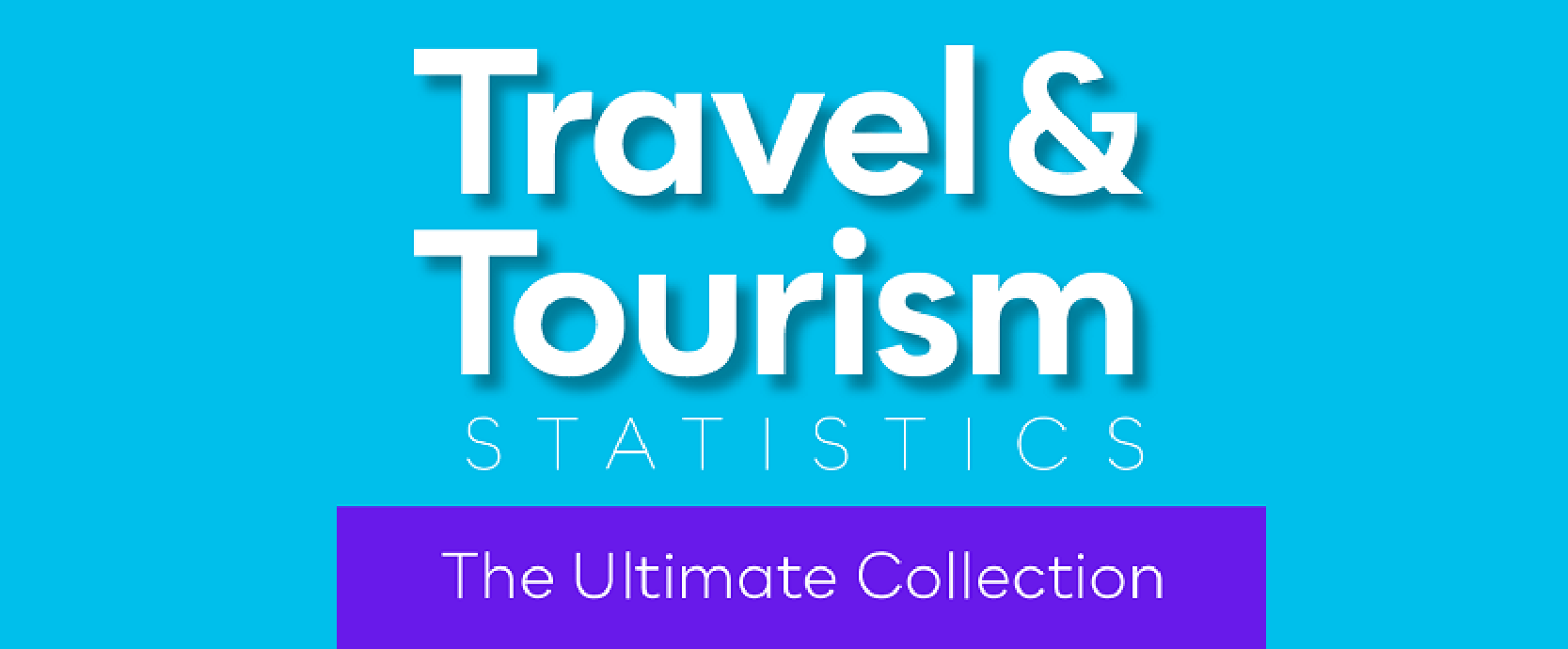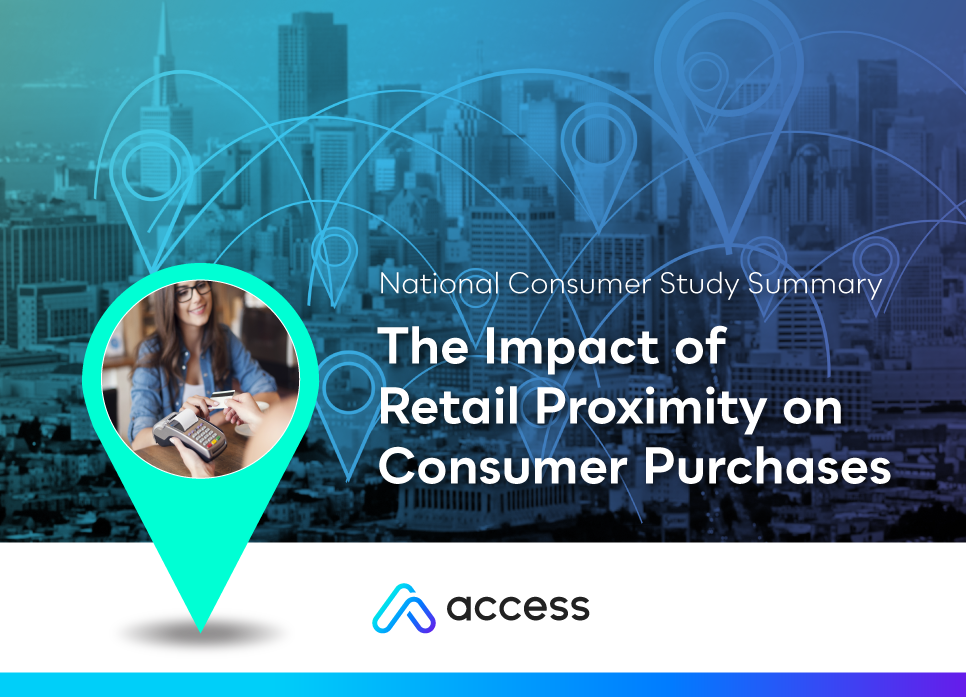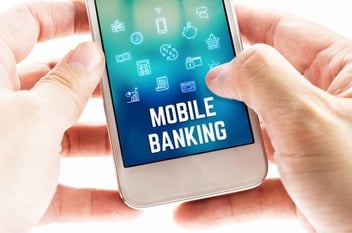The One Absolutely Necessary Function to Build Mobile Engagement…
In the last 15 minutes, I’m willing to bet you popped open your smartphone. Twice, maybe three times, even.
You might be texting, but you might have checked Facebook or Twitter, or added an item to your to-do list. If you’re like me, you may just pop the thing open every once in a while out of habit, like constantly opening the fridge in hopes of finding some sort of inspiration not there the last time you looked.
It’s okay to admit it. We’re all at various stages of smartphoneaholism.
The typical user checks their device 150 times a day - that’s once every seven minutes or so, assuming six hours of sleep. We keep it within arm’s reach at all times, and 10% even somehow manage to text during sex.
It makes sense that brands would fight to have a piece of that real estate. And they should.
A quick scan of the business community on the web will show you that your business absolutely must have a mobile app. In fact, asking Google if your business needs a mobile app produces around 240,000,000 results. Yes, the world says you need a mobile app.
But be warned: that smartphone obsession doesn’t mean just creating an app is enough to jump into the mobile hearts of even your best customers. People are very, very discerning when it comes to the apps they use.
But if your app has some value to it, something users can, well, use, then there’s an essential trick that could make the difference between ongoing app engagement and a quick deletion.
Push Notifications and Earning Engagement
As much as we love our phones, we’re not big on adopting new apps. We’re swift executioners, in fact, deleting 30% of new apps within a day of downloading them. People open an app an average of 4.5 times before deciding to abandon it.
Only around 3% of apps survive 30 days on a user’s device.
Even among the apps kept around, very few see repetitive, common usage. About half of smartphone users only utilize six to ten apps on a weekly basis.
What makes the difference in an app that gets deleted and one that becomes commonly used, even habitual?
Usefulness and practicality matter a great deal. But that’s not all that goes into app adoption. A useful app with a good user experience is a necessity, but even that’s not good enough to survive most people’s itchy trigger fingers.
No, the common theme among beloved apps is something simpler, and maybe even commonly overlooked in the app development world.
The hidden secret to maintaining mobile engagement? Push notifications.
No, really. There’s a reason smart apps ask users to allow push notifications during initial opening/tutorials. Localytics reports that apps with push notifications receive almost 27% more launches than those without, and that users will open an app almost 15 times per month when they’re enabled.
When disabled, they say apps only see 5 launches.
Just 14% of people who use an app 11 times or more in the first 30 days of downloading it will delete it. 61% of new app users actually launched the app within the first month when push notifications were enabled.
It seems simple, and really, it is. We’re easily distracted and forgetful. How many of us walked out the door this morning and forgot our keys?
It’s simplistic, but every app needs the ability to literally disrupt the user from what they’re doing and ask for interaction. The more location- and time-relevant that disruption is, the more likely an app - and in many cases, the brand behind it - is to become part of the user’s regular rotation.
Why Engagement Matters
One of the keys to successfully engaging people is communication, and regularly reminding them of what you can do for them, as well as what you’ve done.
We spend a lot of time talking about engagement as a precursor to loyalty. Heck, we even put out an eBook about it a while ago. The basic notion is that repeated awareness and positive experiences earn trust, which eventually leads to a commitment by an audience - be it a customer, employee, member, partner, and so on.
The problem is getting to that initial engagement is very difficult. We’re hit with 10,000 or more brand exposures every day. The brands that jump through that clutter are the ones that have proven themselves to offer a high level of pleasure, or a high level of utility.
Here’s the Access perspective: Why is a mobile coupons app so important to our clients? Besides the whole concept of saving people money, it gives our clients a little bit of real estate in the daily lives of their customers/members/employees. And as good as the deals are, those little push notifications reminding people of the great pizza deal or short-term spurt offer at the clothier in the nearby mall make a ton of difference.
It’s positive, brand-reinforcing disruption.
Of course, push notifications for the sake of push notifications won’t do much except perhaps accelerate the deletion process. They need to communicate some kind of utility - a reminder for the user to complete a task, or an alert about a new offer or activity on their account. If you can provide a few options as to frequency, time, and/or type of alerts, then that’s all the better.
But there’s a strong case to be made for their need. Maybe not worth 240,000,000 pages worth, but enough that every brand with a mobile app should consider enabling this simple technology.
Topics: Customer Engagement, Mobile Coupons, customer loyalty
Written by: Brandon Carter




.jpg)

.jpeg)






Share your Comment.